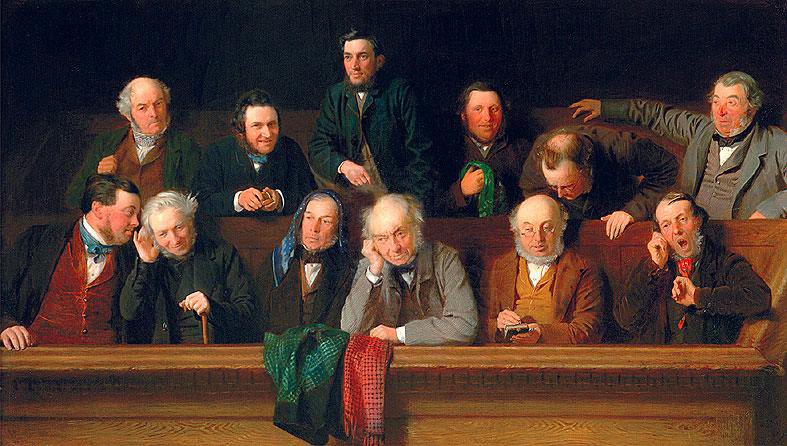
Any avid fan of American courtroom drama will be familiar with the idea of lawyers using ingenious methods to try and select a favourable jury panel. In England and Wales, the scope for objection is minimal, and in most cases, the jurors chosen to sit will remain on the case.
Many clients question the potential for juror bias in situations where the type of crime being tried has impacted a juror.
This issue arose in a recent Court of Appeal case when the jury sent a note to the Judge in these terms:
“There is a concern from a member of the jury that two other members of the jury have close personal experience of sexual assault and rape – and whether this has influenced their verdict. Is this a concern?”
The judgment records the following:
“…[the Judge] heard full argument from both sides in relation to the application by Ms Thomas for discharge of the entire jury. Her argument in summary was: the note sent on the afternoon of 20 January indicated the possibility of bias on the part of one or more jurors; it would be essential to establish the facts in relation to such bias were the trial to continue; that could not be done since the jury were in retirement and, on the face of it, had reached a verdict; the only safe course was to discharge the jury.
The prosecution submitted that discharge of the jury without any further step being taken was inappropriate. Rather, the jury should be given further directions to ensure that they decided the case only on the evidence.”
In this case, the Judge declined to discharge the jury, and the defendant was convicted.
The Court of Appeal decided that:
- On the face of it the note was penned by a spokesperson – possibly the person who was to deliver the verdict – reporting the position in relation to other members of the jury.
- Its natural meaning was that, at some point during the jury’s deliberations, two members of the jury had explained that they had close personal experience of sexual assault and rape.
- A third member of the jury had expressed a concern that this experience could have influenced the verdict of the two members of the jury.
- This concern was not expressed in terms of any direct assertion that it had led to an influence nor was the nature of the supposed influence explained.
- The jury note in this instance did not make any direct assertion of bias. It raised a concern that, in a case where the allegation was rape, the personal experience of jurors might have influenced their view of the case. The concern was expressed in vague and imprecise terms.
- The evidence was that two members of the jury had particular personal experiences. The fact that they mentioned them at some point when they were trying an allegation of rape of itself does not indicate bias. The jury note did not provide evidence that jurors were not staying true to their oaths. Rather, it expressed a generalised concern of one juror in the light of what the other jurors had revealed of their personal experience.
In conclusion, the court ruled that:
“In our view the facts as presented to the judge did not require him to discharge the entire jury.”
In so finding, the appeal against conviction was rejected.
How can we help?
Here at Broadbent’s, we ensure we keep up to date with any changes in legislation and case law so that we are always best placed to advise you properly. If you would like to discuss any aspect of your case, or are in need of criminal legal aid, please give us a call on Alfreton: 01773 832 511, Derby: 01332 369 090 and Heanor: 01773 769 891. Additionally, you can complete our online enquiry form where a member of our team will be in touch shortly.
Image credit: John Morgan, Original Work






